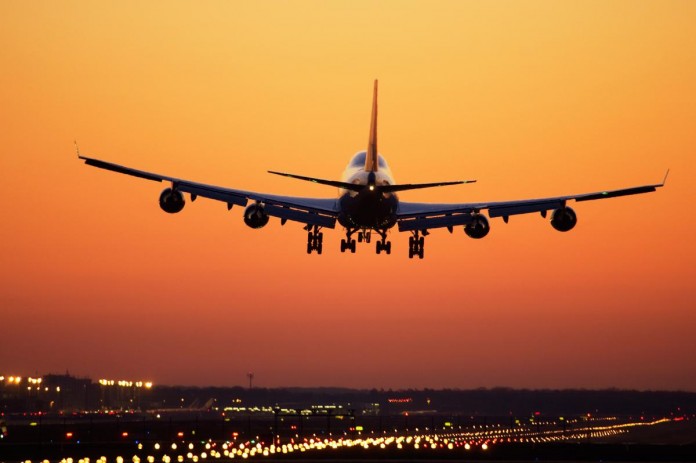Almost three quarters of business leaders expect their companies to resume corporate travel over the next two years, a new study reveals.
And nearly half of firms that did not fly prior to the pandemic expect to do so by 2024.
Businesses from across every region of the UK believe air travel will strengthen their future growth prospects, according to the poll of more than 1,000 bosses.
The expected bounce back in corporate travel comes as air passenger numbers continue to increase, with Heathrow achieving 79% of pre-Covid 2019 levels in May as 5.3million passengers used the airport.
Iata expects total passenger numbers across Europe to reach 86% of 2019 levels in 2022, before making a full recovery in 2024.
Key findings from the polling by market research company Survation include:
- Overall, 73% of business leaders believe that their companies will use air travel in the next two years. This rose to nine in ten (89%) of business leaders in London.
- Nearly half (47%) of those businesses who did not use air travel before the pandemic, say that will be likely to over the next two years.
- For those who used air travel prior to the pandemic, 98% would also use air travel in the next two years.
- Nearly seven in ten (67%) said that they would lose clients or contracts if their team was unable to fly.
- Half or more of business leaders in Scotland (54%), Northern Ireland (64%) and Wales (48%) said that flying is essential for them to do business face-to-face.
The polling is part of a report published today by WPI Economics which examines the economic benefits of a speedy return to business travel to the UK economy.
The consultancy compared a slow return to business travel compared to a speedy recovery and found that the quick return scenario would boost the UK economy by as much as £17.5 billion between now and 2030.
Broken down by region, the figures show how London would benefit the most from a speedy return to business air travel to the tune of £10 billion, with growing sectors from fintech to gaming and eSports being able to attract more investment and talent through better and more frequent aviation connectivity.
The report also highlights a new post pandemic trend, with respondents examining the benefits of so-called ‘bleisure’, combining travel for work with potential add on time spent for leisure as part of their employee package.
Business leaders see this as a new way to increase their global reach and attract and retain talent as the flight to attract global talent continues.
WPI Economics director Matthew Oakley said: “Prior to the pandemic, the aviation sector contributed £100 billion to the UK economy. Approximately a fifth of this came from passengers travelling on business – an area that has not yet fully recovered and thus represents a significant gap in the post-pandemic rebound.”
Stephen Hammond MP, Chair of the All Party Parliamentary Group for Business Travel, said: “The return of business air travel is beneficial for a number of reasons. Not only do business travellers make up a significant proportion of inbound travellers to the UK, but their presence is vital for both national and regional economies.
“To avoid missing out on these potential economic uplifts, aviation bosses need to incentivise those businesses who have said they want to fly to return to the skies as quickly as possible.
“This means getting staffing numbers right. It means ensuring a safe, speedy journey through the airport, and putting an end to chaotic security queues.”
Robert Sinclair, chief executive of London City airport, which commissioned the report, said: “2021 was certainly tough for everyone. However, despite predictions from some to the contrary, we did see the emergence of positive business travel trends, which are continuing in 2022 and will be so critical for the economic recovery of London and the UK more widely.”
“Being able to attract and retain global talent and investment through better connectivity will be vital to the capital’s economic prospects. Growing sectors such as the life sciences cluster in east London will benefit significantly from the economic boost that a speedy return to air travel will bring.
“At the same time, this bounce back in demand for air travel gives the sector a golden opportunity to move further, faster when it comes to decarbonisation.
“We aren’t tone deaf to changing passenger demands, especially among corporations which are looking to reduce their carbon footprint. We have committed to becoming a net zero airport by 2030 and play a leading role in developing deploying low carbon and zero carbon aircraft.”
























